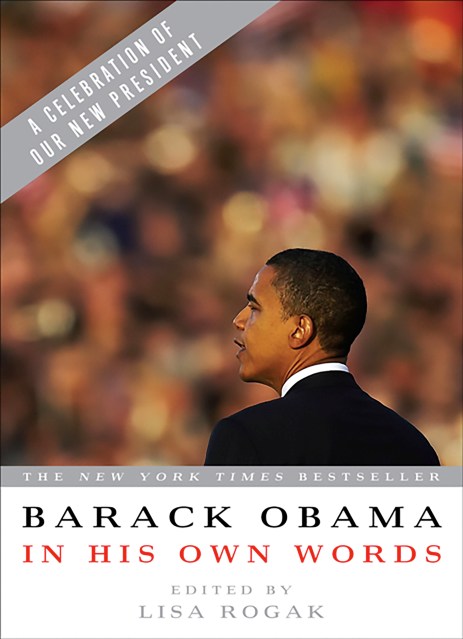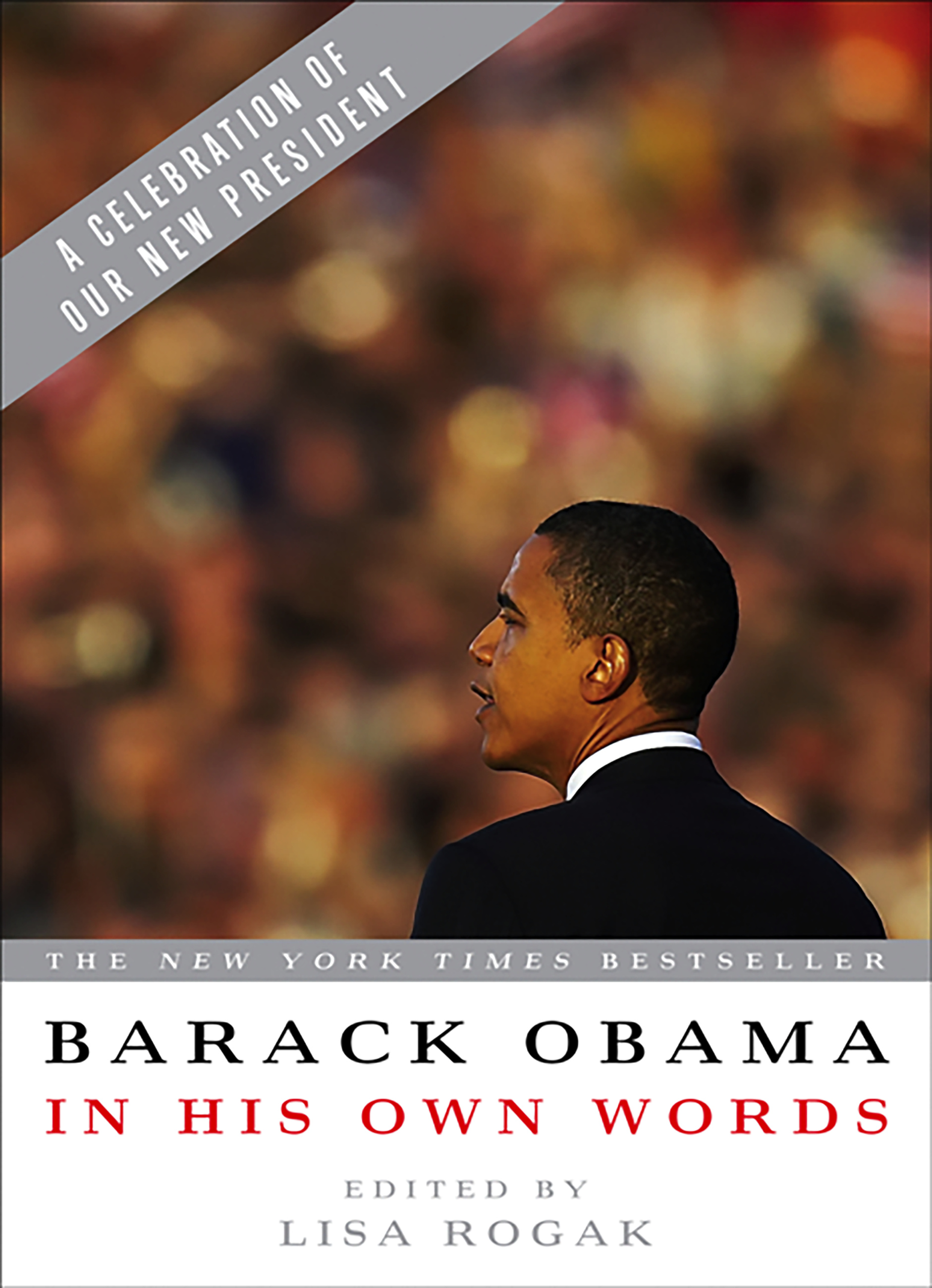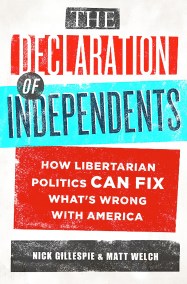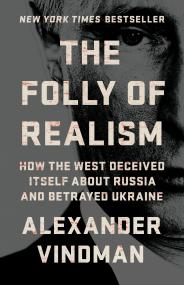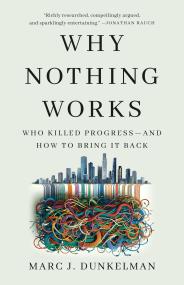By clicking “Accept,” you agree to the use of cookies and similar technologies on your device as set forth in our Cookie Policy and our Privacy Policy. Please note that certain cookies are essential for this website to function properly and do not require user consent to be deployed.
Barack Obama in his Own Words
Contributors
Edited by Lisa Rogak
Formats and Prices
- On Sale
- Dec 16, 2008
- Page Count
- 208 pages
- Publisher
- PublicAffairs
- ISBN-13
- 9781586487591
Price
$19.99Price
$25.99 CADFormat
Format:
- Trade Paperback $19.99 $25.99 CAD
- ebook $9.99 $12.99 CAD
This item is a preorder. Your payment method will be charged immediately, and the product is expected to ship on or around December 16, 2008. This date is subject to change due to shipping delays beyond our control.
Buy from Other Retailers:
Barack Obama in His Own Words, a book of quotes from the Illinois Senator, allows those who aren’t as familiar with his politics to learn quickly where he stands on abortion, religion, AIDS, his critics, foreign policy, Iraq, the War on Terror, unemployment, gay marriage, and a host of other important issues facing America and the world.
Newsletter Signup
By clicking ‘Sign Up,’ I acknowledge that I have read and agree to Hachette Book Group’s Privacy Policy and Terms of Use
